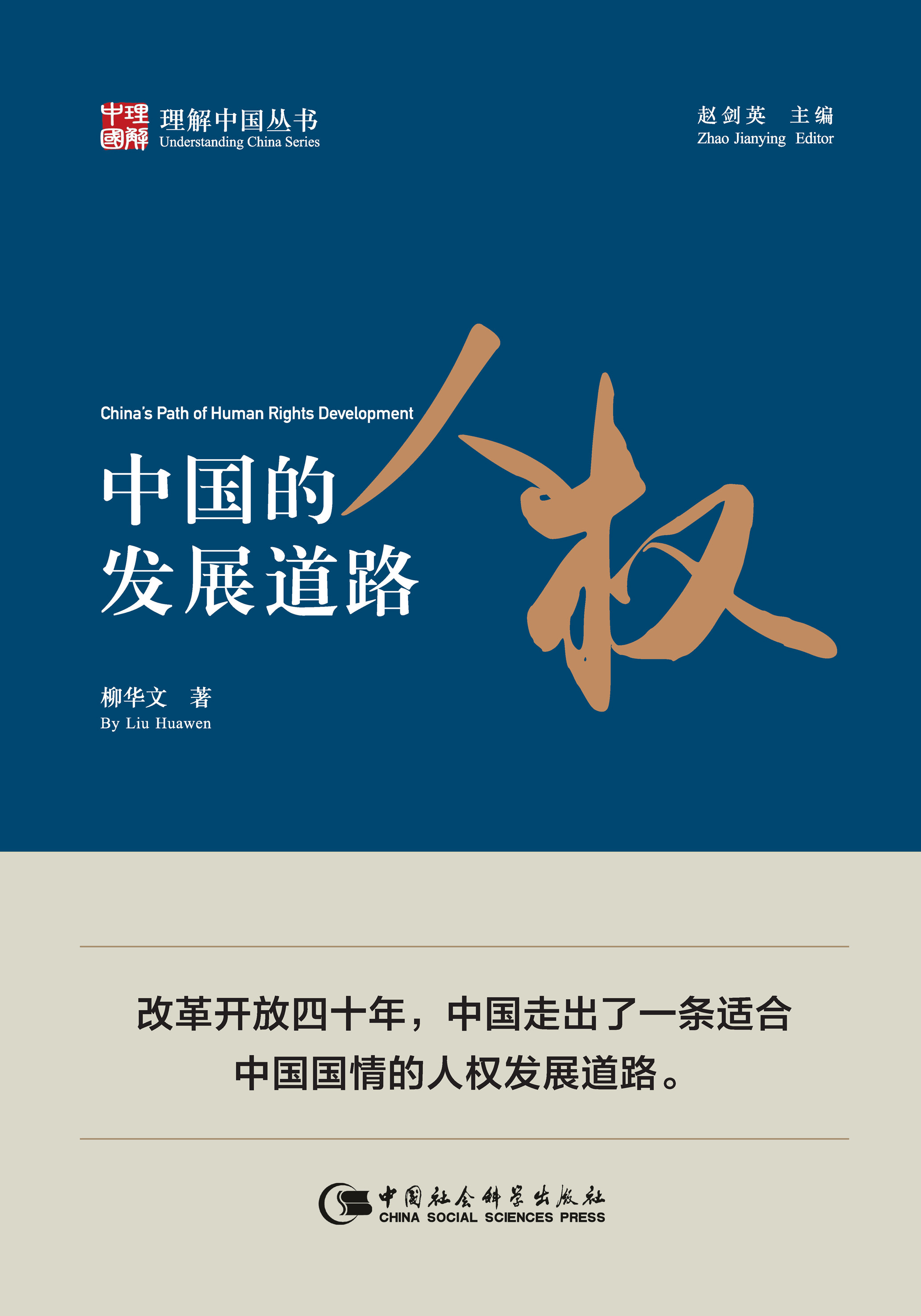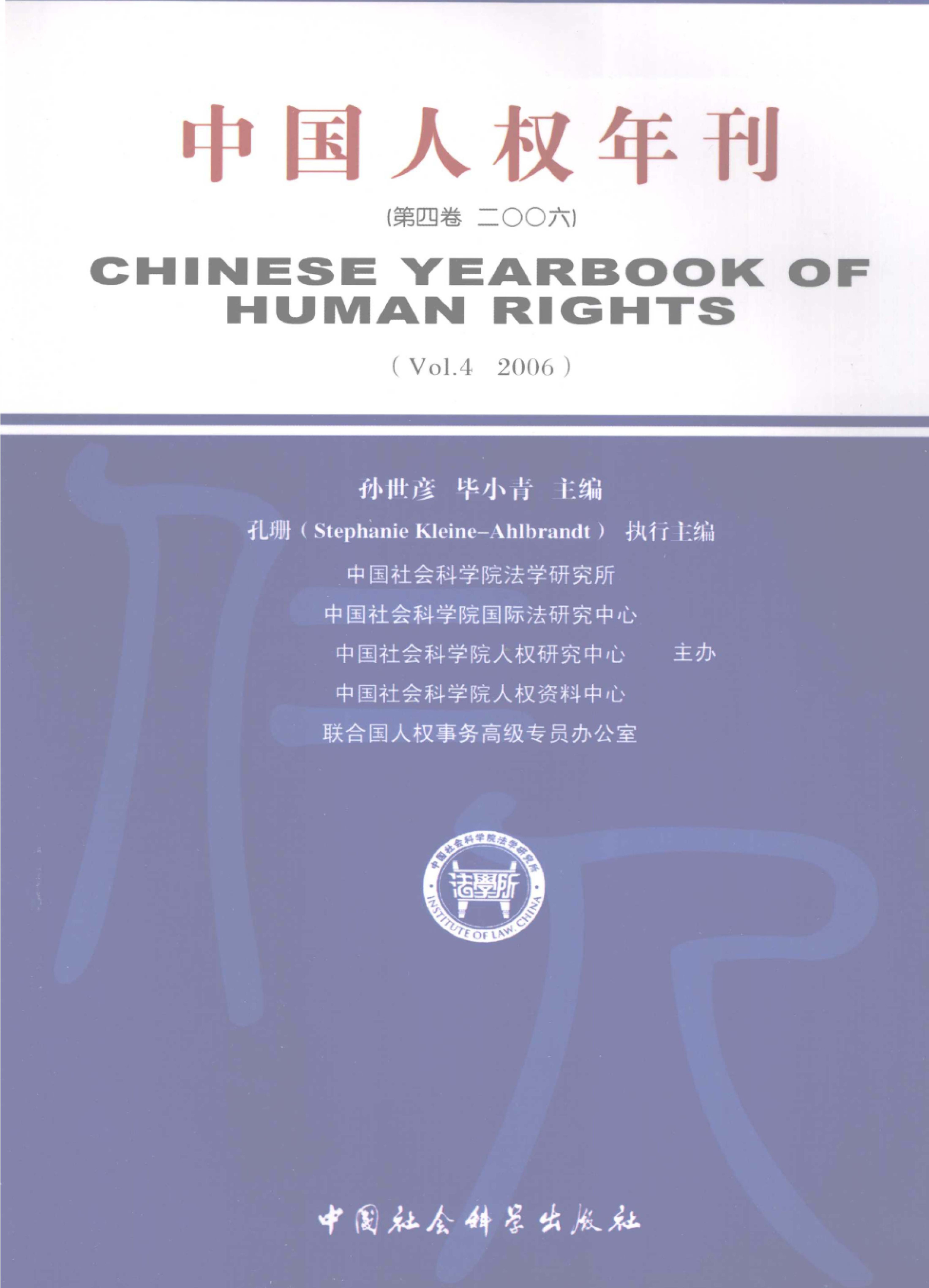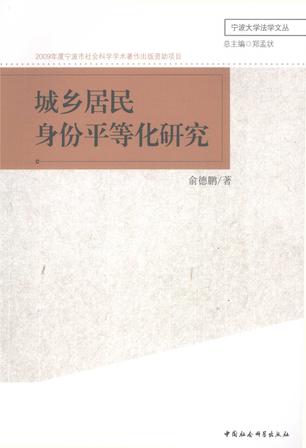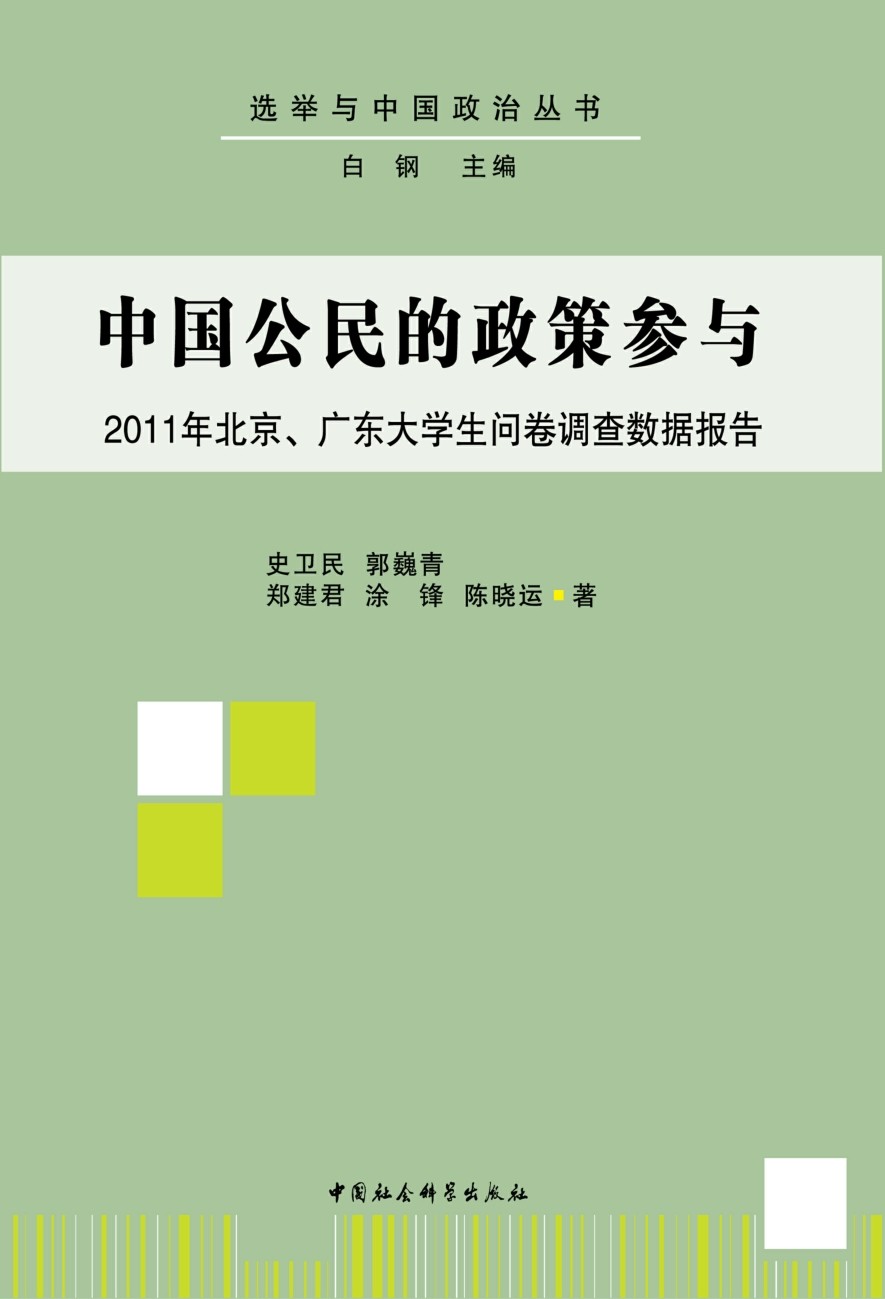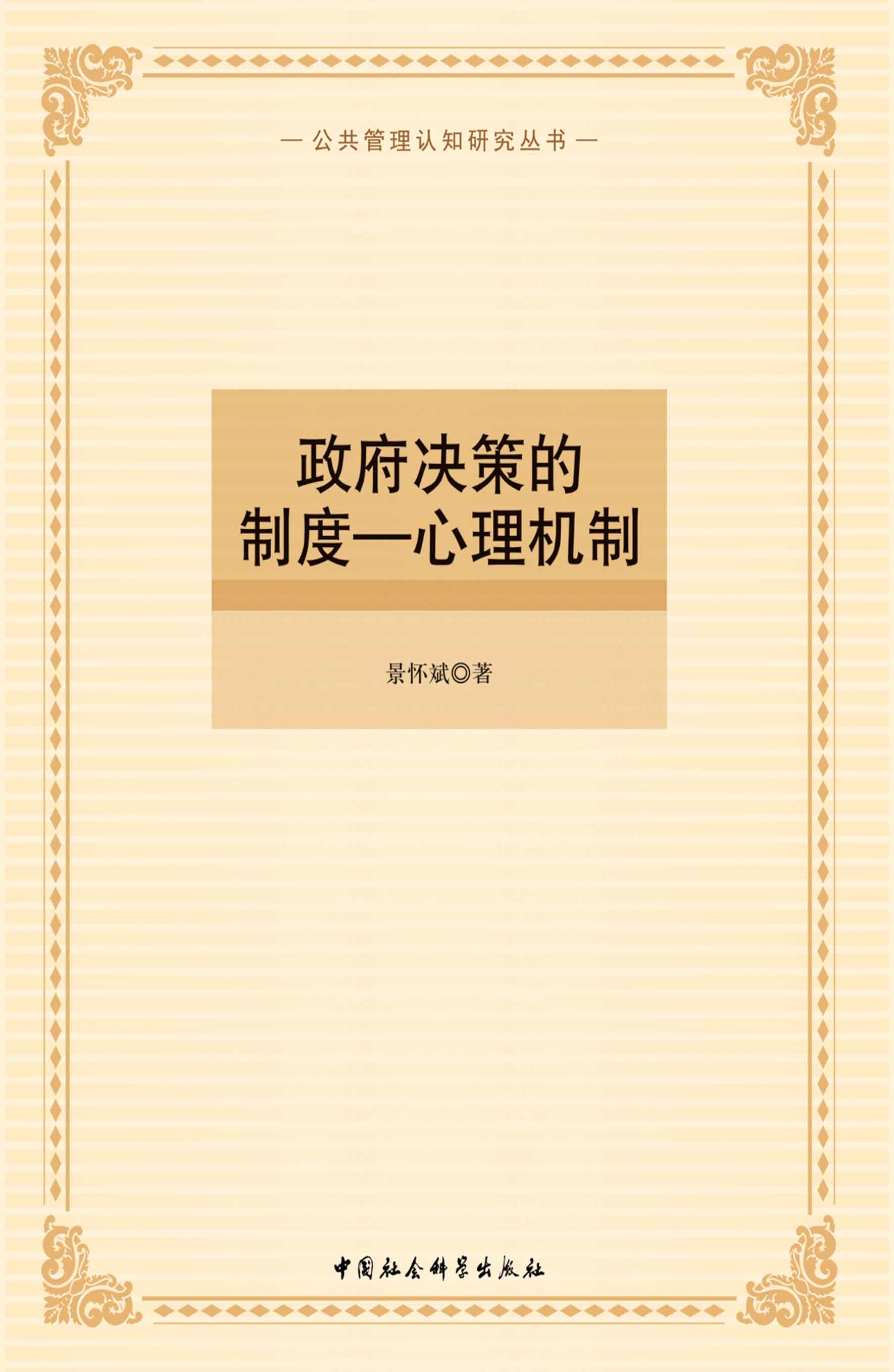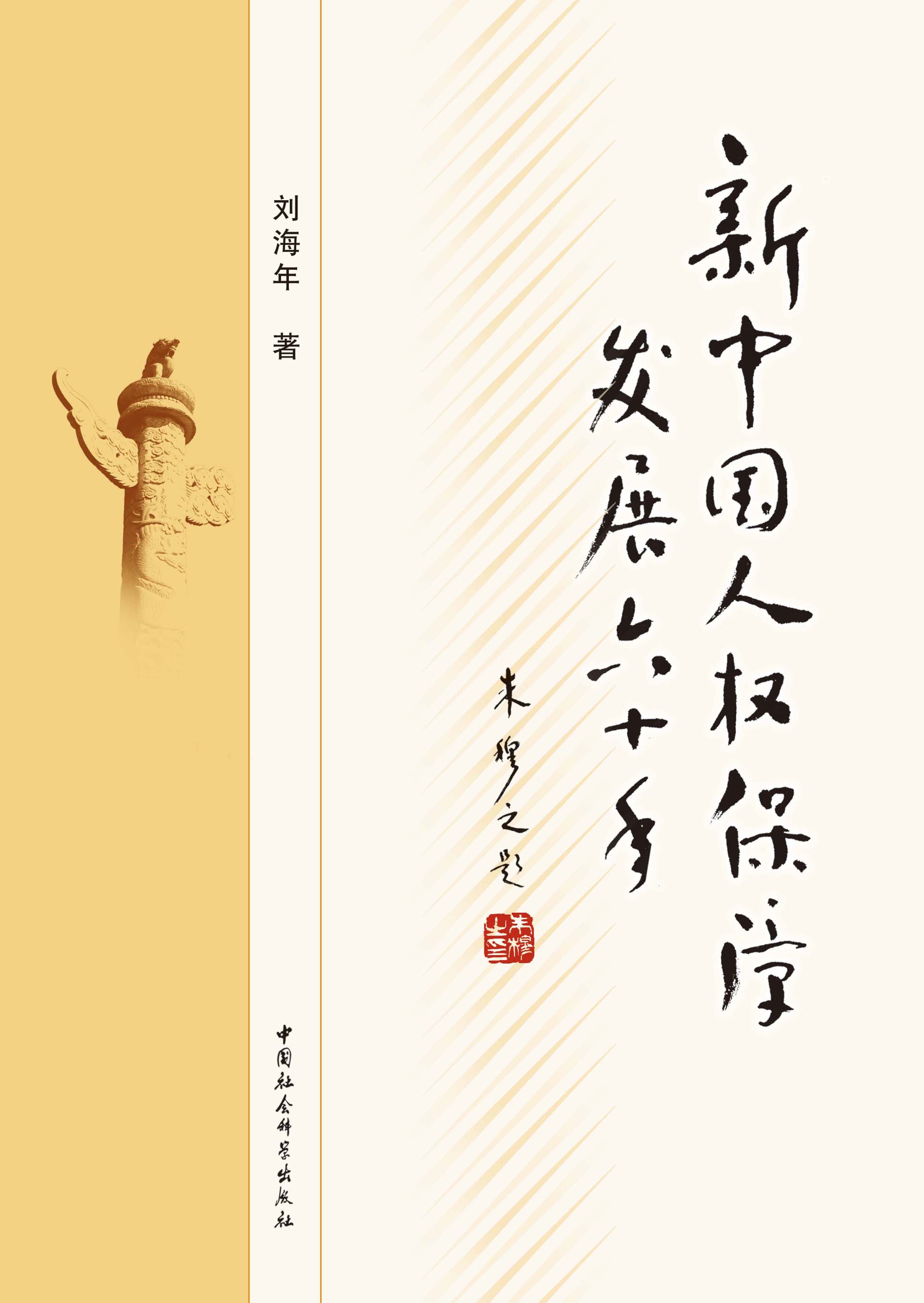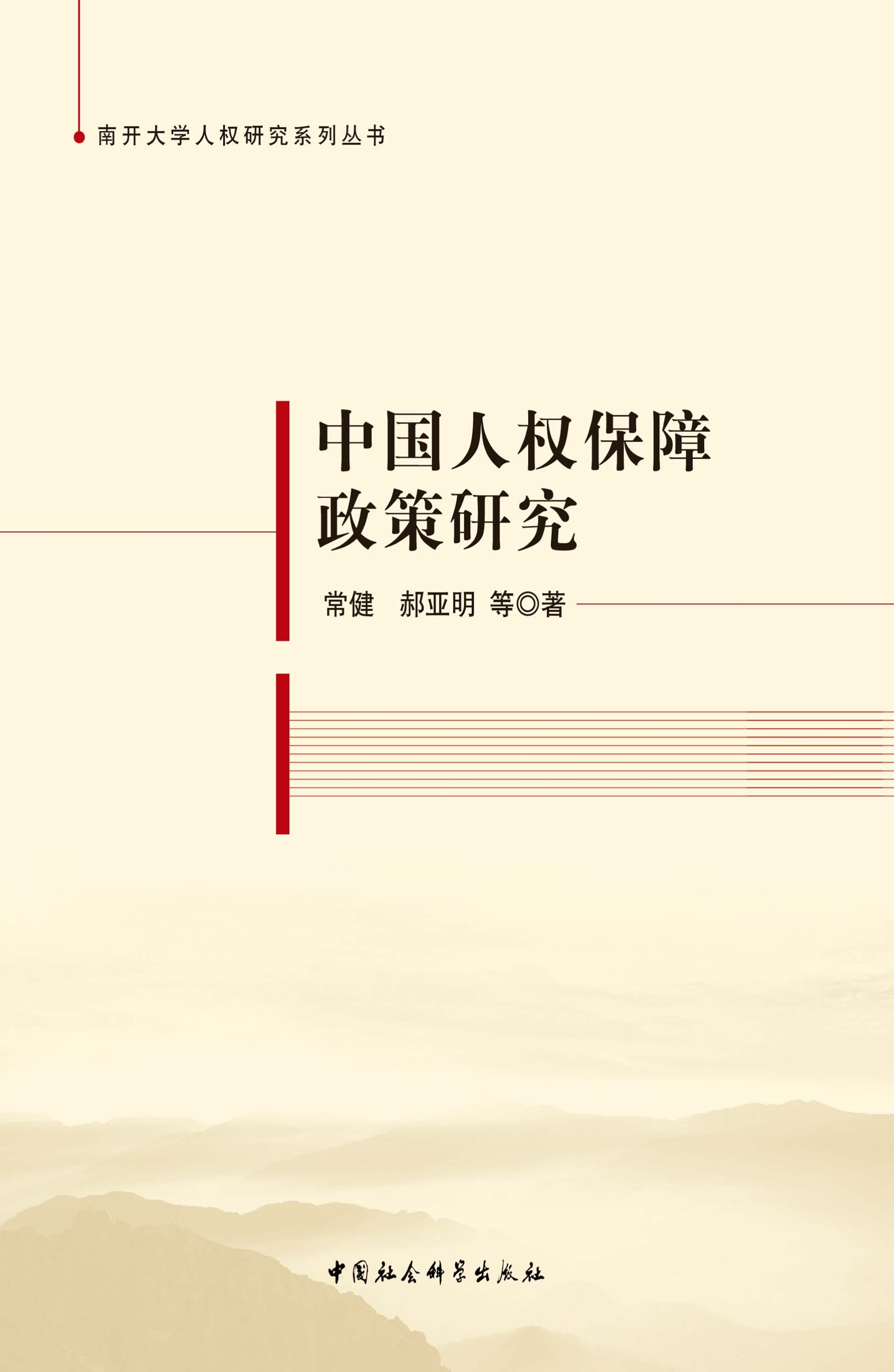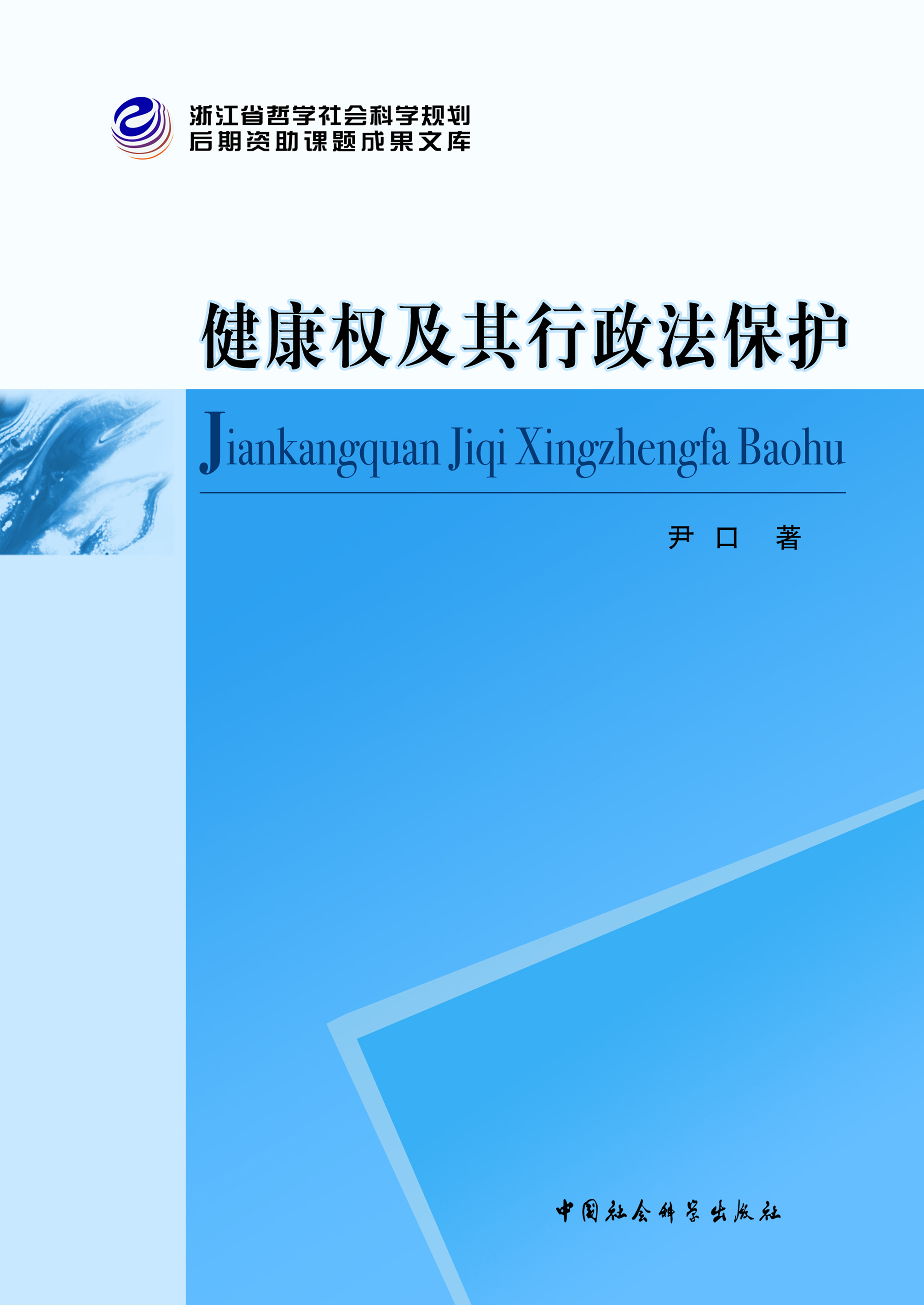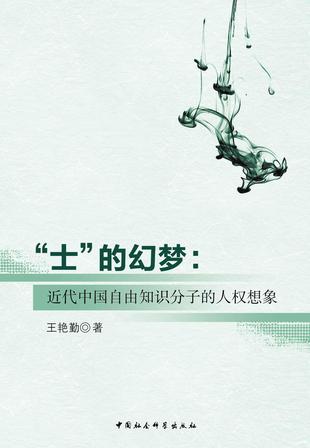内容简介
作者简介
目录
改革开放40年来,中国是人类发展领域进步最快的国家之一。习近平在2015年9月16日致北京人权论坛的贺信中说,中国坚持把人权的普遍性原则同中国实际相结合,走出了一条适合中国国情的人权发展道路。中国共产党的领导是中国人权事业取得成就的关键。在中国共产党和中国政府的领导下,中国实现了经济发展和社会进步,并以中国梦的提出为标志,将发展梦和人权梦推向新的时代。1978年既是中国改革开放的起点,也是中国人权保障的新原点,此后中国与世界的联系不断增强。中国不断深化对法治和人权的认识,加强人权的宪法保障,实现了“人权入宪”。中国人权保障的法律体系基本建成,立法不断取得突破,法律实施得到加强并不乏创新。中国还响应联合国的号召,制定实施了国家人权行动计划,中国人权事业进入有计划、有步骤的迅速发展时期。中国在人权领域的国际交流与合作方面也逐渐深入和加强,并做出了独特贡献,成为国际人权治理的参与者、建设者和贡献者。Over the 40 years of reform and opening-up,China has proved to be one of the fastest countries in the human being development field in the world. President Xi Jinping said in his congratulatory letter to the Beijing Human Rights Forum that China has insisted on the combination of universal principles of human rights and Chinese realities and has created a China’s path of human rights development based on China’s national conditions. The Chinese Communist Party’s leadership is crucial for Chinese human rights gains. Led by the Chinese Communist Party and China’s Government,China has realized its economic and social progresses. With the advocating of the China Dream,China’s realization of the ideals of development and human rights enters a new era. The year of 1978 marked the beginning of China’s reform and opening-up,and was also the new starting point for Chinese human rights cause and the Chinese relation with the outside world. China has attached more and more significance to the rule of law and human rights. It has continuously strengthened the constitutional protection of human rights,including integration of a specific human rights clause in the Constitution. The building of the legal system for human rights protection is basically completed,with many legislative breakthroughs and implementation measures. The drafting and adoption of the national human rights action plans is in response to the United Nations’ appeal,and makes the Chinese human rights cause a planned and quick development track. China is becoming more active in the international human rights cooperation field,playing its unique and constructive role and serving as the participant,builder and contributor of the international human rights governance.
全部显示∨
柳华文,中国社会科学院国际法研究所研究员,中国社会科学院研究生院教授、博士研究生导师。现任中国社会科学院国际法研究所所长助理,中国社会科学院人权研究中心执行主任,中国国际法学会《中国国际法年刊》主编,中国社会科学院《国际法研究》(双月刊)副主编,亚洲国际法学会执委,北京国际法学会副会长。出版专著《论国家在〈经济、社会和文化权利国际公约〉下义务的不对称性》《〈联合国禁止贩运人口议定书〉研究:以人权法为视角》《经济、社会和文化权利可诉性研究》《儿童权利与法律保护》等,译著《国际人权 制度导论》等。
Liu Huawen,professor and assistant director of the Institute of International Law,Chinese Academy of Social Sciences (CASS);executive director of the Center for Human Rights Studies,CASS;general editor of Chinese Yearbook of International Law,China Society of International Law;deputy general editor of Chinese Review of International Law,CASS;member of the Executive Council,Asian Society of International Law;and vice president of Beijing Society of International Law. His representative monographs include Study on the UN Protocol against Human Being Trafficking,On Dissymmetry of States’ Substantial and Procedural Obligations under International Covenant on Economic,Social and Cultural Rights,On Justiciability of Economic,Social and Cultural Rights,Rights of the Child and their Legal Protection,and he has translated the works such as Manfred Nowak,s Introduction to International Human Rights Regime.
全部显示∨
第一章 中国梦与中国人权发展道路一 中国梦也是人权梦
二 中国人权道路的三个维度:法治、发展与人权
三 改革开放40年与中国人权发展道路
第二章 经济、社会和文化权利一 作为“第二代人权”的经济、社会和文化权利
二 保障经济、社会和文化权利的举措
三 保障经济、社会和文化权利的成就与挑战
第三章 公民和政治权利一 作为“第一代人权”的公民和政治权利
二 保障公民和政治权利的举措
三 保障公民和政治权利的成就与挑战
第四章 妇女权利一 妇女权利是人权
二 保护妇女权利的举措
三 保护妇女权利的成就和挑战
第五章 儿童权利一 儿童权利是人权
二 保护儿童权利的举措
三 保护儿童权利保障的成就和挑战
第六章 少数民族权利一 作为基本政治制度的民族区域自治制度
二 保护少数民族权利的举措
三 保护少数民族权利的成就和挑战
第七章 老年人权利一 老年人权利保护的新观念
二 保护老年人权利的举措
三 保护老年人权利的成就与挑战
第八章 残疾人权利一 残疾人权利保护的新认识
二 保护残疾人权利的举措
三 保护残疾人权利的成就和挑战
第九章 中国与国际人权治理一 联合国与人权主流化
二 中国积极参与联合国人权工作
三 中国积极促进国际人权治理
参考文献
索引
